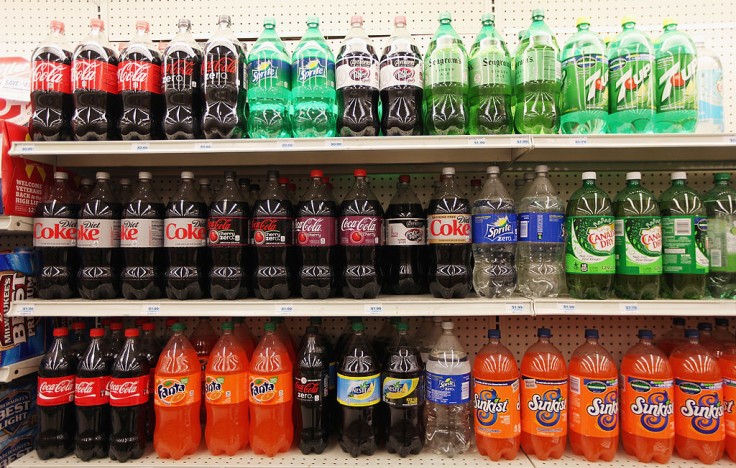
A recent study revealed that the quantity of sugar children in the UK consumed from fizzy drinks decreased by half within one year of the implementation of the sugar tax.
Scientists observed a major decrease in sugar consumption after the tax was put into effect, determining that it resulted in significant declines in free sugar intake in diets for both kids and grown-ups.
Significant Reductions in Sugar Intake
The research found that the amount of energy obtained from free sugars went down, demonstrating a decrease in total caloric consumption.
A 4.8-gram decrease in sugar intake for kids equals to around 19.2 less calories from their usual 2,000-calorie daily diet, resulting in a one percent decrease in energy consumption.
Although it appeared that consumption of sugar from sugary beverages decreased due to the contentious tax in the UK, it remained uncertain if individuals had simply started consuming sugar from other sources that were not subject to taxes.
Cereal and cereal products are the biggest source of free sugars in 4-10-year-olds, with soft drinks and fruit juice coming in next. Between the ages of 11 and 18, sugary drinks make up the biggest portion, making up 29% of their intake of free sugars.
Children's Soft Drink Consumption
The tax, enforced in April 2018, has been so effective in enhancing individualities' eating habits that specialists have proposed extending it to include other high-sugar goods.
The study, which was published in the Journal of Epidemiology and Community Health, examined answers from 7,999 grown-ups and 7,656 children during 2018 and 2019, using information from the UK National Diet and Nutrition Survey.
The results revealed that children's day-to-day sugar consumption dropped by roughly 4.8 grams, and grown-ups saw a reduction of 10.9 grams in the time following the perpetration of the duty.
The overall input of free sugars in the diet, which includes sugars from both food and beverages, saw a significant reduction dropping from roughly 70 grams per day to about 45 grams for children, and from 60 grams per day to 45 grams for grown-ups.
Even with these declines, sugar input continues to exceed suggested limits, leading to increased rates of dental cavities, obesity, diabetes, and other conditions.
Eddie Crouch, the president of the British Dental Association, praised the sugar tax for delivering tangible results and emphasized the significance of extending it to cereals. He argued that the tax forces the food industry to make necessary changes, especially where voluntary reformulation efforts have failed.
Expanding The UK Sugar Tax
According to the World Health Organization and the UK Scientific Advisory Committee on Nutrition, it's recommended that free sugar intake remains under 5 of total calorie consumption.
This indicates that grown-ups should restrict their diurnal sugar consumption to 30 grams, while children aged 7 to 10 should limit to 24 grams, and children aged 4 to 6 to 19 grams.
Nina Rogers, who led the study at the University of Cambridge School of Clinical Medicine, stated that the results are promising. She observed that the findings are consistent with earlier studies that revealed a decrease in sugar purchases from soft drinks in households a year after the tax was enforced.
Dr. Rogers recommended that the new UK government think about expanding the tax to include more high-sugar drinks and maybe some foods as well.
Dr. Kawther Hashem, who lectures on Public Health Nutrition at Queen Mary University of London, emphasized the significance of policies that target enhancing the nutritional value of food and beverages.
She recommended that policymakers apply similar taxes on other main sources of sugar consumption, like chocolate treats, to encourage better eating habits.